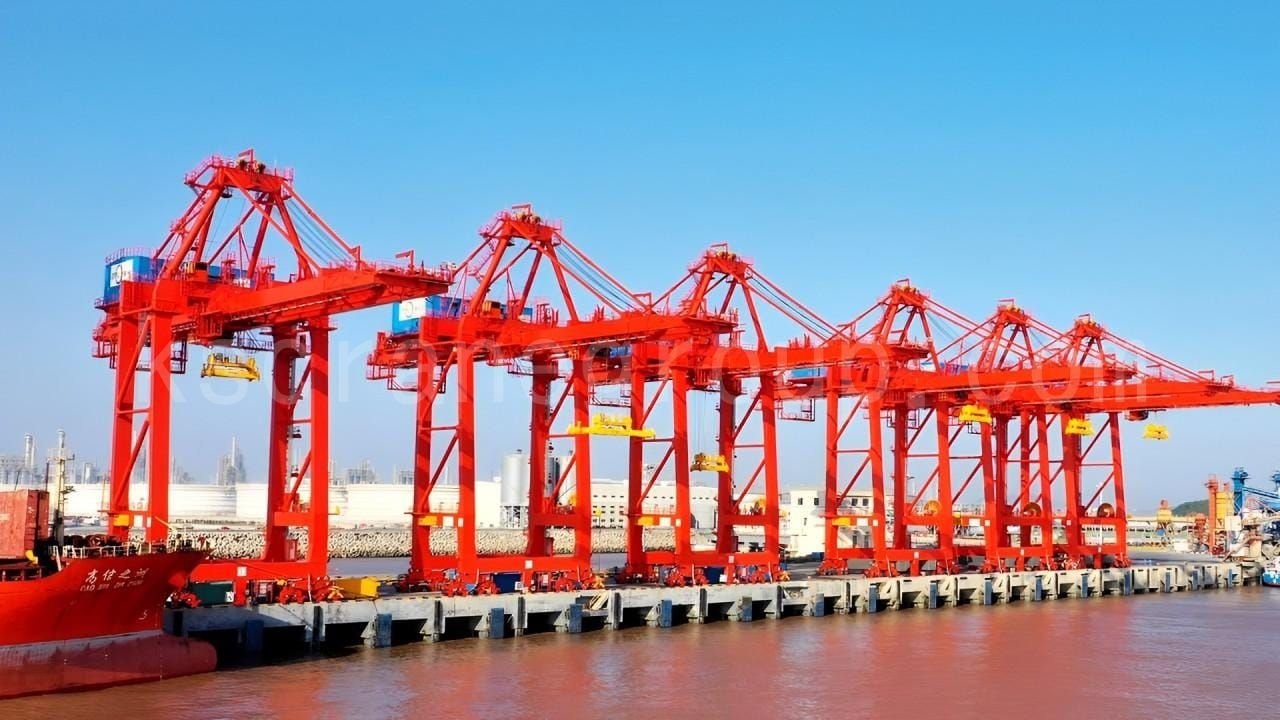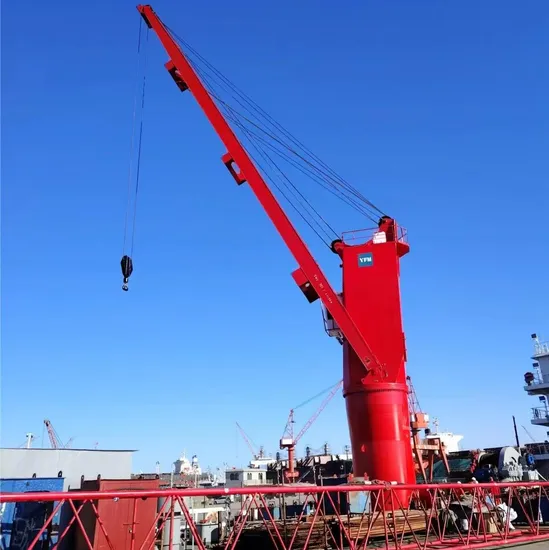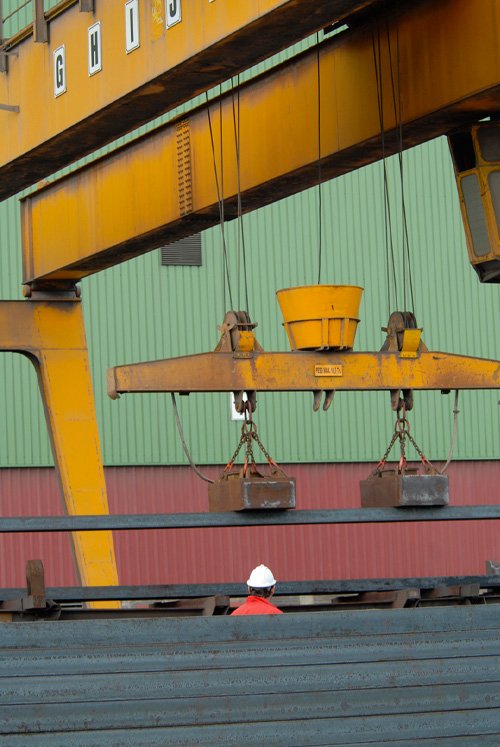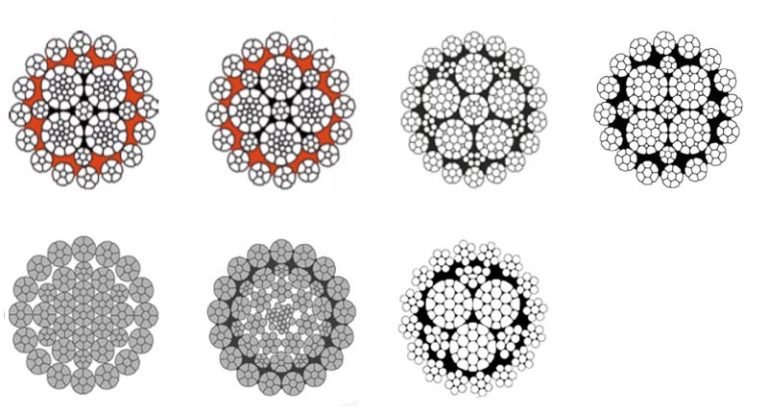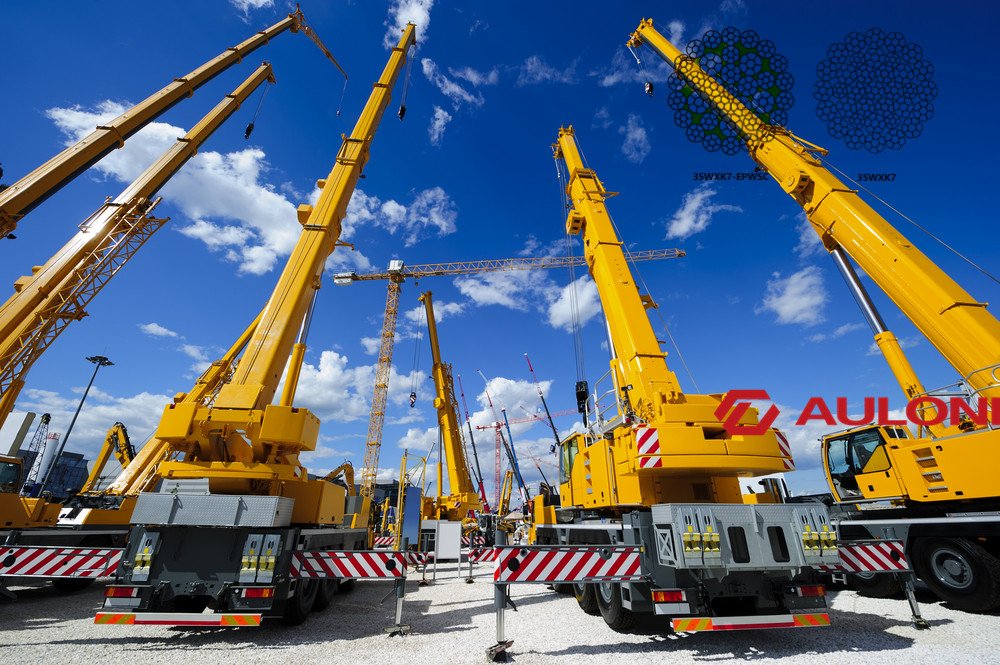The terms “steel wire” and “metal wire” refer to different types of materials, and the distinction between them lies primarily in the type of material used and their specific properties.
1. Material Composition:
-
Metal Wire: This is a general term used to describe wire made from any metal. Metal wires can be composed of various metals, including copper, aluminum, brass, stainless steel, and more. Essentially, any metallic element or alloy can be used to produce metal wire.
-
Steel Wire: Steel wire is a specific type of metal wire that is made from steel, which is an alloy primarily composed of iron and carbon. Depending on the application, steel wires may also include other alloying elements like manganese, chromium, or nickel to enhance specific properties such as strength or corrosion resistance.
2. Properties:
-
Metal Wire: The properties of metal wire depend on the type of metal used. For example, copper wire is highly conductive and flexible, while aluminum wire is lightweight but less conductive than copper. Each metal has unique characteristics like electrical conductivity, ductility, and corrosion resistance.
-
Steel Wire: Steel wire is known for its high strength, durability, and resistance to wear and fatigue. It has lower electrical conductivity compared to some other metals like copper or aluminum but offers superior tensile strength and is commonly used in applications where mechanical strength is essential, such as in construction, rigging, and industrial uses.
3. Applications:
-
Metal Wire: The applications vary widely depending on the metal. For example:
-
Copper wire is used in electrical and electronic applications due to its excellent conductivity.
-
Aluminum wire is often used in power transmission lines because it is lightweight.
-
Brass wire is used for decorative purposes and musical instruments.
-
-
Steel Wire: Steel wire is primarily used in high-strength applications such as:
-
Construction: In reinforcement (rebar), cables, and wire ropes.
-
Rigging and lifting: Used for load-bearing ropes and slings.
-
Automotive and industrial: For springs, fasteners, and mechanical components.
-
4. Strength and Durability:
-
Metal Wire: The strength of metal wires varies depending on the metal used. Copper and aluminum wires, for instance, are relatively soft and not as strong as steel. Metal wires may also be more susceptible to corrosion unless specific alloys or coatings are applied.
-
Steel Wire: Steel wire, especially high-carbon or alloyed steel, is much stronger and more durable than most other metal wires. It is also more resistant to wear, fatigue, and mechanical stress, making it ideal for heavy-duty applications.
Conclusion:
In summary, steel wire refers specifically to wire made from steel, characterized by its high strength and durability, making it suitable for industrial and construction applications. Metal wire is a broader term that includes any type of wire made from various metals or alloys, with a wide range of properties depending on the metal used.
For more information or to inquire about high-quality steel wire products, please visit our website at www.wireropes.net, or contact us via email at info@wireropes.net or by phone/WhatsApp at +86-15573139663. We are here to provide you with expert guidance and customized solutions.

